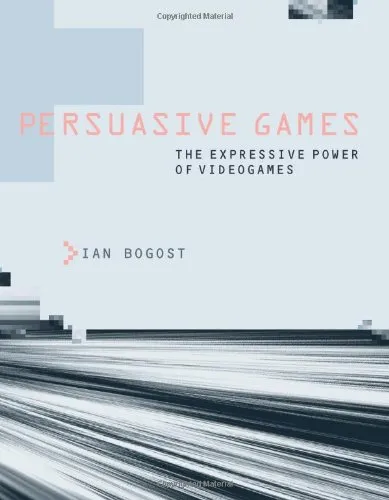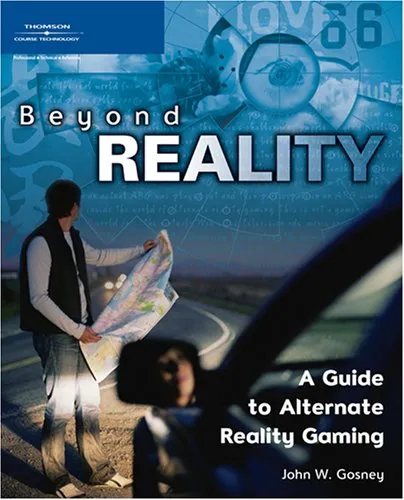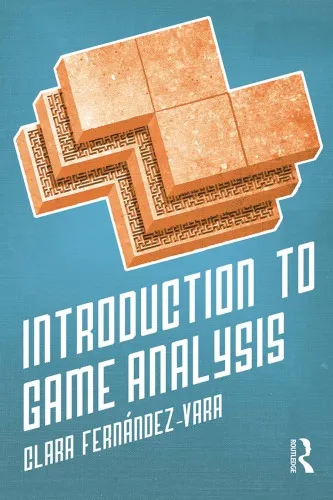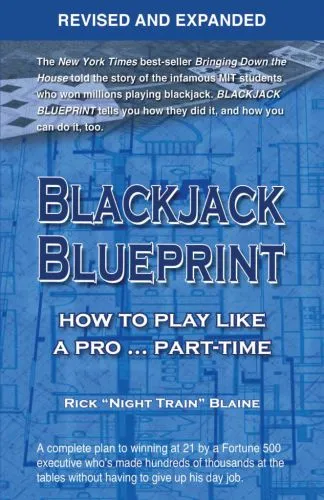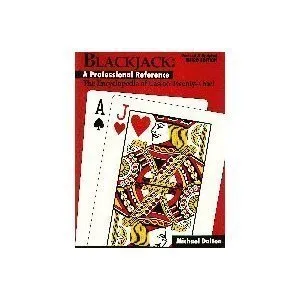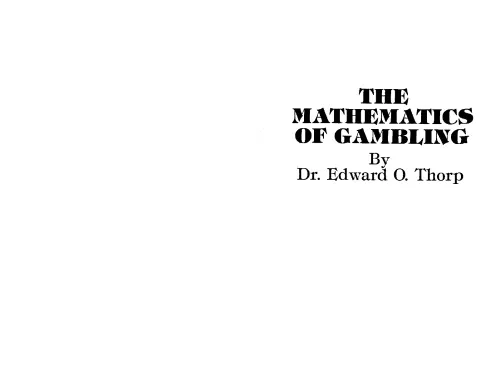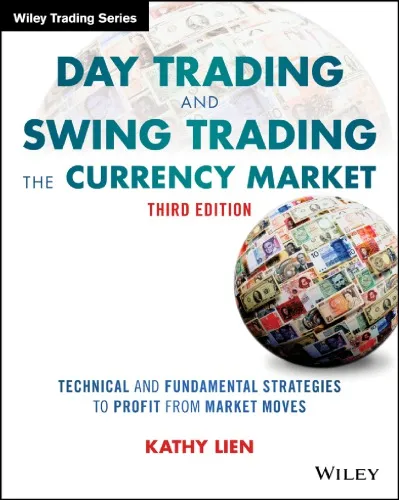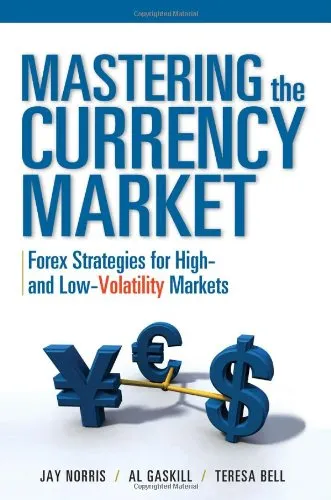Persuasive Games: The Expressive Power of Videogames
4.0
Reviews from our users

You Can Ask your questions from this book's AI after Login
Each download or ask from book AI costs 2 points. To earn more free points, please visit the Points Guide Page and complete some valuable actions.Related Refrences:
Welcome to the introduction of "Persuasive Games: The Expressive Power of Videogames," a seminal work by Ian Bogost that dives deep into the intersection of game studies and rhetoric. This book examines the unique capability of videogames to influence players, engage them in political processes, and shape cultural perceptions. By exploring the persuasive possibilities of videogames, Bogost opens up a new realm for understanding how games convey meaning beyond mere entertainment.
Detailed Summary
In "Persuasive Games: The Expressive Power of Videogames," Ian Bogost explores a concept he terms "procedural rhetoric." This form of rhetoric is distinct to videogames due to their procedural nature—the rules and processes that define their interaction. Through procedural rhetoric, games are able to present arguments and persuade players by engaging them actively in systems rather than passively conveying messages. Bogost divides his exploration into crucial domains, including politics, advertising, and education, where he illustrates how games can synthesize complex ideas and foster interaction with abstract systems.
The book is methodically structured to guide the reader from theoretical foundations to practical illustrations. Bogost begins by outlining the principles of procedural rhetoric, explaining how the medium of videogames inherently offers a unique vehicle for persuasion. He then provides a historical context of games in society and culture before delving into specific case studies in various sectors. By examining examples like "The McDonald's Videogame" and "Super Columbine Massacre RPG!," Bogost showcases both the potential and challenges of using games for expressive purposes. By the end of the book, readers gain a profound appreciation for how games can serve as more than just pastimes; they are potent tools for expression and understanding.
Key Takeaways
- Videogames can function as powerful tools of persuasion through procedural rhetoric.
- Games offer unique possibilities by simulating complex systems in which players can explore and manipulate procedural arguments.
- Understanding the cultural and political influence of games opens new pathways for rhetoric and media studies.
Famous Quotes from the Book
"Videogames represent a significant form of persuasive political expression."
"The rhetoric of videogames involves the making of claims about how things work."
Why This Book Matters
Ian Bogost's "Persuasive Games" matters because it challenges traditional perceptions of videogames as mere entertainment, positioning them instead as influential cultural artifacts capable of shaping public consciousness and social values. In a rapidly digitalizing world, understanding the persuasive potential of games is critical for educators, advertisers, policymakers, and content creators. Bogost’s exploration offers scholars and practitioners a framework to analyze how games not only reflect but also actively participate in cultural dialogues.
By dissecting how games operate on procedural principles to express ideas and arguments, Bogost's work elevates game design to an art form with significant rhetorical power. The insights from this book are not just theoretical musings; they have practical implications that can guide the design of persuasive serious games across various fields. Ultimately, this book is essential reading for anyone interested in the communicative possibilities of videogames and their impact on society.
Free Direct Download
You Can Download this book after Login
Accessing books through legal platforms and public libraries not only supports the rights of authors and publishers but also contributes to the sustainability of reading culture. Before downloading, please take a moment to consider these options.
Find this book on other platforms:
WorldCat helps you find books in libraries worldwide.
See ratings, reviews, and discussions on Goodreads.
Find and buy rare or used books on AbeBooks.
1434
بازدید4.0
امتیاز0
نظر98%
رضایتReviews:
4.0
Based on 0 users review
Questions & Answers
Ask questions about this book or help others by answering
No questions yet. Be the first to ask!
